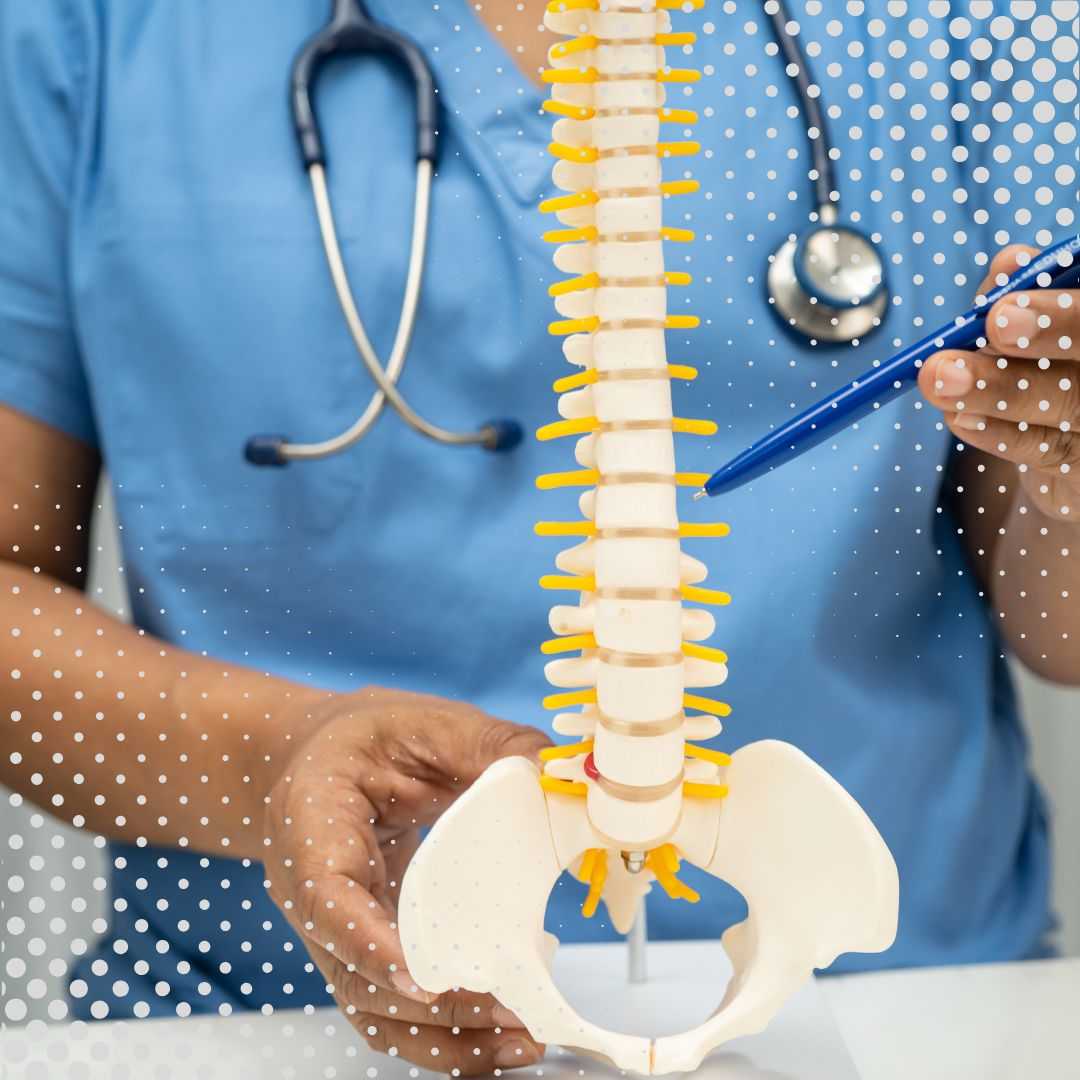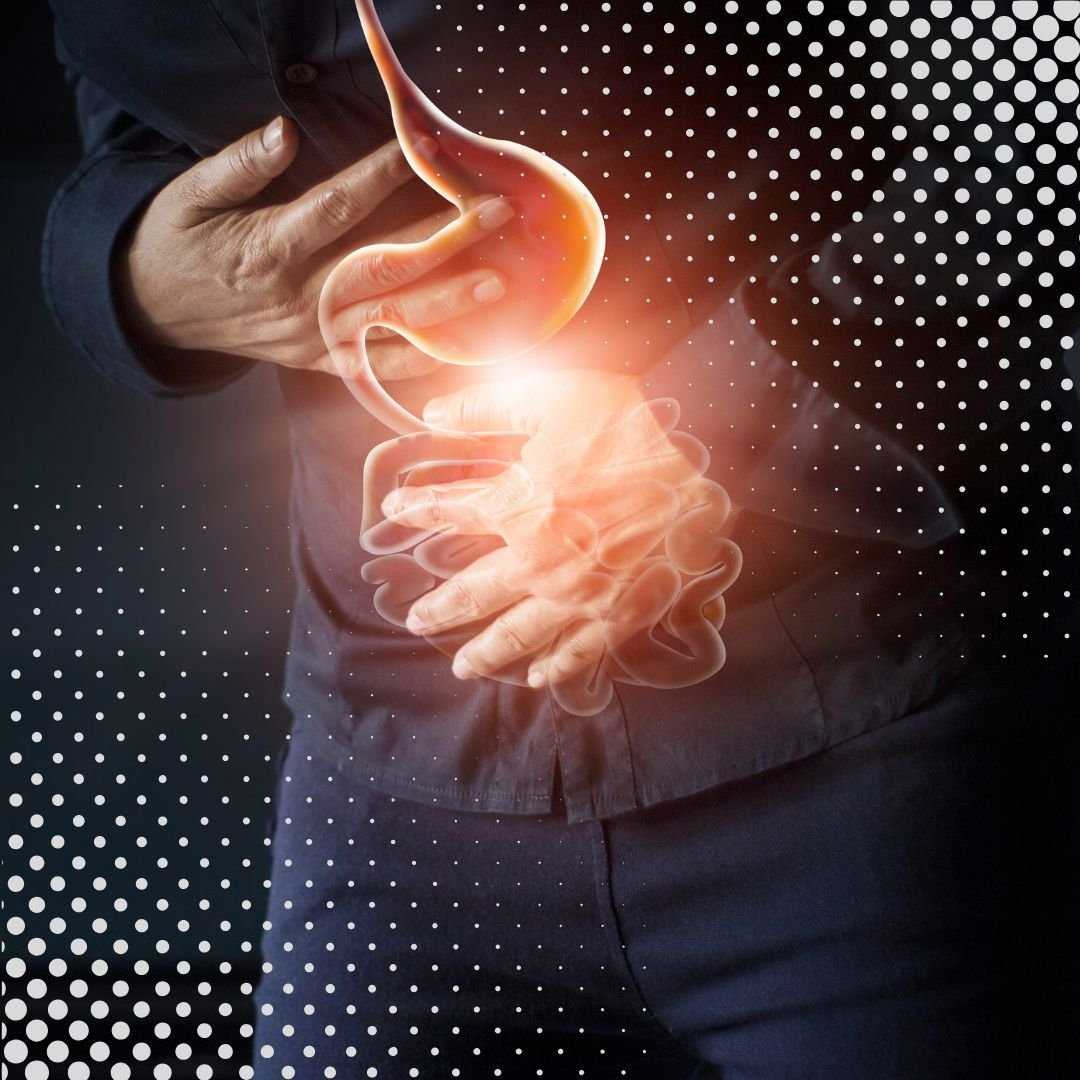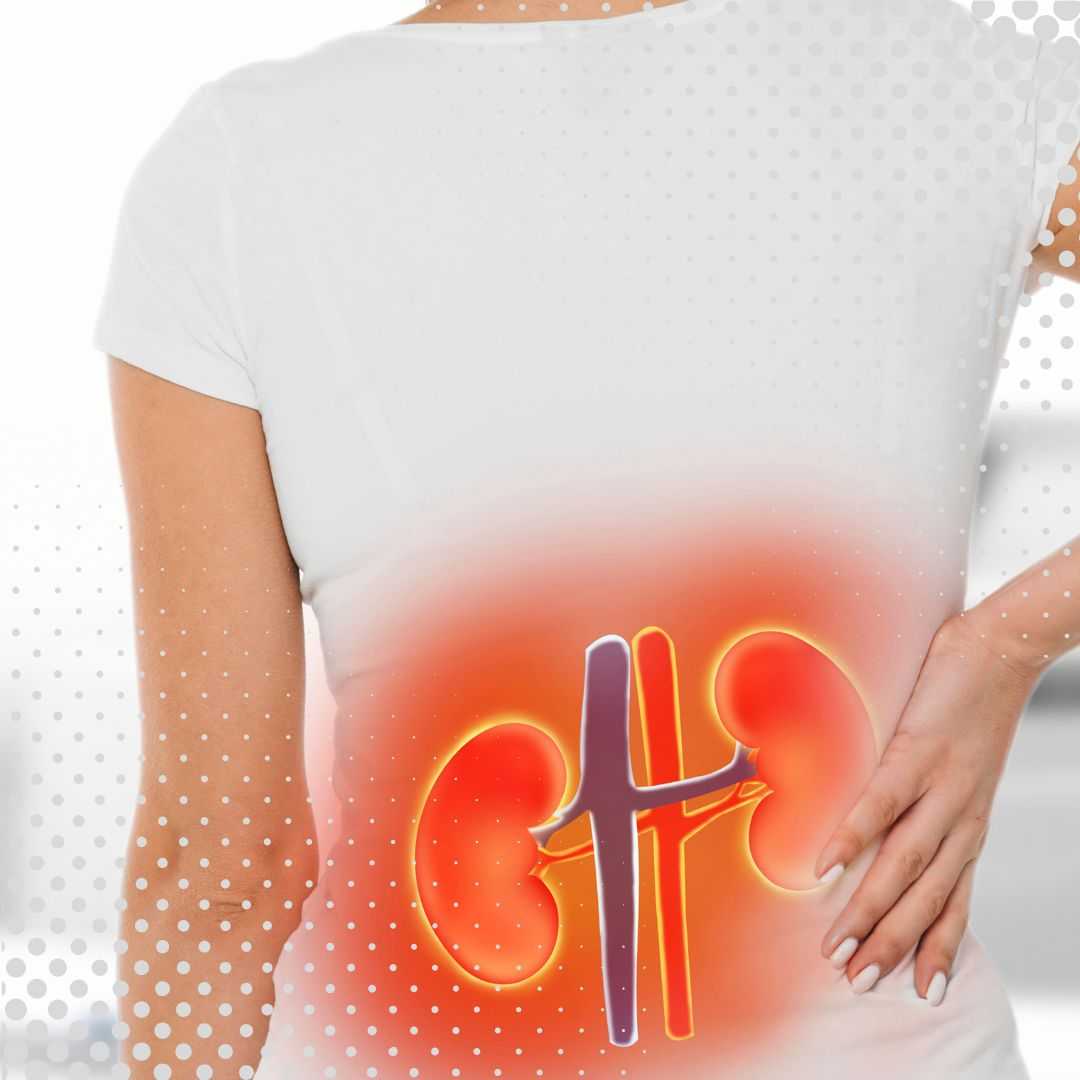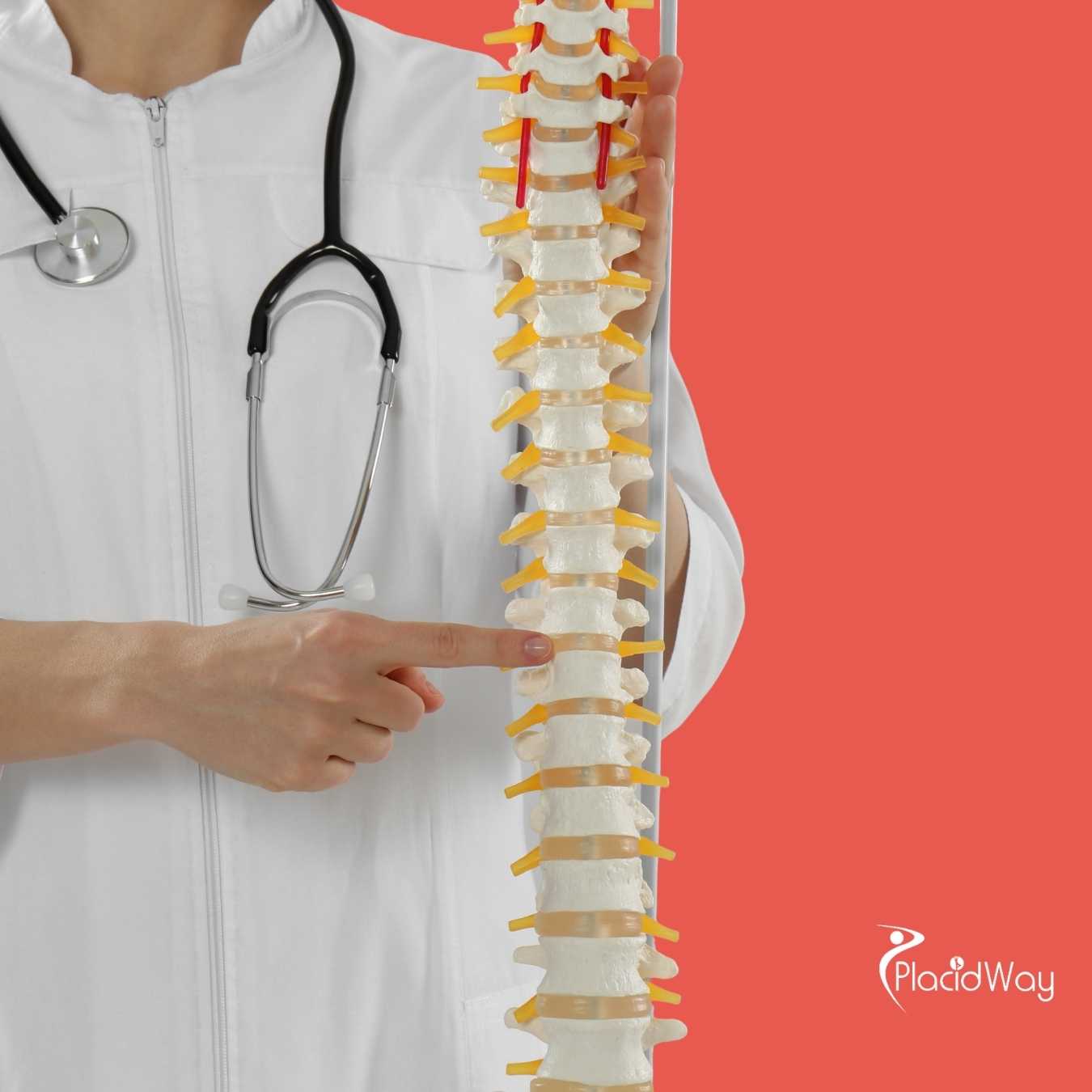Stem Cell Therapy: A Promising Breakthrough for Autoimmune Disease Recovery
Living with an autoimmune disease can be a challenging journey, often involving a lifetime of managing symptoms and treatments. It's natural to seek effective solutions, and in recent years, stem cell therapy has emerged as a promising area of research and treatment. Many people wonder if this innovative approach can offer a definitive cure for these complex conditions. While the concept of a "cure" is appealing, it's important to understand what stem cell therapy can realistically achieve for those with autoimmune diseases.
Essentially, stem cell therapy for autoimmune diseases focuses on modulating the immune system, reducing inflammation, and promoting tissue repair. While it may not always lead to a complete cure in the traditional sense, it has demonstrated the potential to induce long-term remission, significantly improve quality of life, and reduce reliance on conventional medications. The field is rapidly evolving, offering hope and new possibilities for individuals grappling with these challenging conditions.
Can Stem Cell Therapy Truly Cure Autoimmune Diseases?
The term "cure" implies a complete and permanent eradication of a disease, with no chance of recurrence. For many autoimmune diseases, such a complete cure remains elusive with current medical science. However, stem cell therapy offers a powerful approach that can lead to significant improvements, often described as deep and sustained remission. This means that while the underlying predisposition to the autoimmune condition might still exist, the symptoms disappear, and the disease activity stops or is dramatically reduced for extended periods.
The mechanisms behind this success vary depending on the type of stem cell therapy. For instance, Hematopoietic Stem Cell Transplantation (HSCT) aims to "reset" the immune system by eliminating the faulty immune cells and then rebuilding it with healthy, non-autoaggressive cells. Mesenchymal Stem Cells (MSCs), on the other hand, work by modulating the existing immune response, reducing inflammation, and promoting regeneration of damaged tissues. Both approaches focus on restoring balance to an overactive or misguided immune system, offering substantial relief and improved health outcomes.
What Types of Autoimmune Diseases Can Stem Cell Therapy Treat?
The application of stem cell therapy spans a broad spectrum of autoimmune diseases, with ongoing research and clinical trials continually expanding its potential. Some of the conditions where it has shown particular effectiveness include:
- Multiple Sclerosis (MS): Especially severe, rapidly progressing forms, where it can halt disease progression and improve neurological function.
- Systemic Lupus Erythematosus (SLE): Helping to reduce disease activity and steroid dependence.
- Rheumatoid Arthritis (RA): Alleviating joint inflammation and pain, leading to improved mobility.
- Crohn's Disease: Particularly for perianal fistulas and severe cases unresponsive to conventional treatments.
- Systemic Sclerosis (Scleroderma): Improving skin and organ involvement.
The suitability for stem cell treatment for autoimmune disease depends on several factors, including the specific diagnosis, disease severity, patient's overall health, and prior treatment responses. It's crucial to consult with specialists to determine if this innovative therapy is an appropriate option for an individual's condition.
How Does Stem Cell Therapy Work for Autoimmune Conditions?
The fundamental principle behind stem cell therapy for autoimmune disease is to correct or override the immune system's misguided attack on the body's own tissues. There are two main strategies:
- Immune System Reset (AHSCT): In this approach, high-dose chemotherapy is used to suppress or eradicate the existing, faulty immune system. Then, the patient's own (autologous) hematopoietic stem cells, which were previously collected and stored, are re-infused. These healthy stem cells engraft in the bone marrow and regenerate a new, hopefully "tolerized" immune system that no longer attacks the body.
- Immunomodulation and Regeneration (MSCs): Mesenchymal Stem Cells (MSCs), often derived from bone marrow, adipose tissue, or umbilical cord, possess potent anti-inflammatory and immunomodulatory properties. When administered, MSCs can home to sites of inflammation, suppress rogue immune cells, encourage regulatory T-cell production, and secrete growth factors that promote tissue repair and regeneration. This approach does not destroy the existing immune system but rather guides it back to a state of balance.
Both mechanisms aim to interrupt the autoimmune cycle, reduce tissue damage, and restore normal bodily functions, offering significant relief and improved prognosis for patients struggling with chronic autoimmune diseases.
What Are the Different Types of Stem Cell Therapies Used?
Understanding the different types of stem cell treatment for autoimmune disease is crucial, as each has distinct mechanisms, applications, and safety profiles. The two most prominent forms are:
1. Autologous Hematopoietic Stem Cell Transplantation (AHSCT):
- Source: The patient's own blood-forming stem cells, collected before treatment.
- Process: Involves high-dose immunosuppressive chemotherapy to eliminate autoreactive immune cells, followed by re-infusion of the patient's stored stem cells to rebuild a new immune system.
- Application: Primarily used for aggressive or refractory autoimmune diseases like severe MS, SLE, and Scleroderma.
- Goal: To "reboot" the immune system, establishing immune tolerance and preventing further autoimmune attacks.
2. Mesenchymal Stem Cell (MSC) Therapy:
- Source: MSCs can be derived from various tissues, including the patient's own bone marrow or fat (autologous), or from a donor (allogeneic), often umbilical cord tissue.
- Process: MSCs are administered intravenously or directly into affected areas. They work through their anti-inflammatory, immunomodulatory, and regenerative properties, without requiring high-dose chemotherapy.
- Application: Used for a broader range of autoimmune diseases, often for their ability to dampen inflammation and promote healing, such as in RA, Crohn's, and certain neurological conditions.
- Goal: To modulate the existing immune system, reduce inflammation, and repair damaged tissues.
Both methods offer unique benefits, and the choice depends on the specific autoimmune condition, its severity, and the patient's overall health. Research continues to refine these therapies and explore new stem cell types for improved efficacy and safety.
What Are the Risks and Side Effects of Stem Cell Therapy for Autoimmune Disease?
Like any advanced medical procedure, stem cell therapy carries potential risks and side effects, which vary significantly between AHSCT and MSC therapy:
Risks associated with AHSCT:
- Infection: Due to the temporary suppression of the immune system by chemotherapy, patients are highly vulnerable to infections.
- Toxicity from Chemotherapy: Side effects can include nausea, hair loss, fatigue, organ damage, and infertility.
- Engraftment Syndrome: A transient inflammatory condition that can occur as the new immune system develops.
- Secondary Malignancies: A rare but serious long-term risk of developing new cancers due to chemotherapy.
- Mortality: Though decreasing with improved protocols, there is a small risk of treatment-related mortality.
Risks associated with MSC Therapy:
- Allergic Reaction: Though rare, patients can react to the infused cells or carrier solutions.
- Infection: Any injection or intravenous procedure carries a risk of introducing infection.
- Pain/Bruising at Injection Site: Common but usually mild and temporary.
- Tumor Formation: While highly controversial and largely disproven for adult MSCs, some concerns exist, particularly with unverified or highly manipulated stem cell products.
- Ineffectiveness: The therapy might not produce the desired therapeutic benefits for all patients.
It's vital to have a thorough discussion with medical professionals about these potential risks and benefits before considering any regenerative medicine autoimmune treatment.
How Effective is Stem Cell Therapy for Autoimmune Diseases?
The effectiveness of stem cell therapy is a complex picture, highly dependent on the specific autoimmune disease, its stage, the type of stem cells used, and individual patient factors. For severe, refractory autoimmune conditions, particularly those treated with AHSCT, studies have shown impressive remission rates:
- Multiple Sclerosis: AHSCT has shown to halt disease progression in up to 70-80% of carefully selected patients, with long-term remission in many.
- Systemic Sclerosis: Can lead to significant improvements in skin thickening and organ function, with sustained responses.
- Crohn's Disease: MSC therapy for perianal fistulas has demonstrated success rates of 50-70% in closure and reduced recurrence.
For MSC therapy across various conditions, while often not achieving the "reset" of AHSCT, it can dramatically reduce inflammation, pain, and fatigue, leading to a much-improved quality of life. Many patients experience a significant reduction in the need for conventional immunosuppressive medications. The goal is often to induce a durable remission where symptoms are minimal or absent, allowing patients to live more active and fulfilling lives. Continued research and clinical trials are refining protocols and identifying which patient populations benefit most from these innovative treatments.
Is Stem Cell Therapy for Autoimmune Disease FDA Approved?
In the United States, the Food and Drug Administration (FDA) regulates cell-based products, including stem cells. As of now, the FDA has not approved any specific stem cell therapy for the broad treatment of autoimmune diseases outside of clinical trials. While hematopoietic stem cell transplantation (HSCT) is an approved therapy for certain blood cancers and disorders, its application for autoimmune conditions is typically considered "off-label" or conducted within the rigorous framework of clinical research.
The FDA's position is to ensure that stem cell treatments are proven safe and effective through controlled clinical trials before widespread commercial use. Patients should be very cautious of clinics offering unproven or unapproved stem cell treatments, especially those making claims of a "cure" without supporting scientific evidence or regulatory oversight. It is always recommended to seek treatments that are part of FDA-regulated clinical trials or approved procedures to ensure safety and ethical medical practices.
What is the Cost of Stem Cell Therapy for Autoimmune Diseases Abroad?
Many individuals exploring stem cell cure autoimmune options often look beyond their home countries, driven by the desire for access to advanced treatments, shorter wait times, or more affordable costs. The price of stem cell treatment for autoimmune disease varies widely when pursued as medical tourism stem cells, influenced by several key factors:
| Factor | Influence on Cost |
|---|---|
| Type of Therapy | AHSCT is generally more expensive due to complex procedures and hospitalization. MSC therapy can be less costly but varies based on cell source and preparation. |
| Country/Clinic | Countries with lower operational costs often offer more competitive prices. Premier clinics in any country will have higher fees. |
| Disease & Severity | More complex or advanced autoimmune conditions may require more extensive treatment protocols. |
| Number of Treatments | Some MSC protocols involve multiple infusions, increasing the total cost. |
| Inclusions | Costs may or may not include consultations, diagnostic tests, follow-up care, accommodation, or travel. |
While the prospect of reduced costs abroad can be attractive, it's crucial to prioritize safety, efficacy, and regulatory compliance. Thorough research into the chosen clinic and country's regulations is essential.
Which Countries Offer Advanced Stem Cell Treatments for Autoimmune Disease?
The landscape of regenerative medicine autoimmune treatments extends globally, with various countries becoming hubs for specialized stem cell therapy. Patients seeking options often consider destinations known for their medical infrastructure, research, and regulatory environment regarding stem cell applications:
- Germany: Renowned for its stringent medical regulations and advanced scientific research, Germany offers cutting-edge stem cell treatments, often with a focus on clinical trials and evidence-based approaches.
- Mexico: A popular destination for medical tourism stem cells, Mexico has a more liberal regulatory environment for stem cell therapies compared to the US, leading to a wider availability of treatments, though careful vetting of clinics is critical.
- Panama: Home to several reputable stem cell centers, Panama has also emerged as a destination offering MSC-based therapies for a variety of conditions, including autoimmune disorders.
- South Korea and Japan: These Asian countries are at the forefront of stem cell research and have regulatory frameworks that allow for certain advanced stem cell therapies, often with significant government investment in the field.
When considering autoimmune therapy abroad, it's important to research the specific clinic's accreditations, the qualifications of the medical staff, and the regulatory oversight of stem cell treatments in that particular country. Ensuring transparency about treatment protocols and expected outcomes is paramount.
What Should I Consider When Seeking Stem Cell Therapy Abroad for Autoimmune Disease?
Embarking on medical tourism stem cells for an autoimmune disease requires diligent planning and careful consideration to ensure a safe and effective experience. Here are crucial factors to evaluate:
- Clinic Reputation and Accreditation: Verify the clinic's reputation, patient testimonials, and international accreditations (e.g., JCI) that signify adherence to high standards of care.
- Doctor's Expertise and Credentials: Ensure the treating physicians are board-certified and have extensive experience specifically with stem cell treatment for autoimmune disease. Inquire about their track record and any published research.
- Regulatory Compliance: Understand the regulatory environment for stem cell therapies in the destination country. Does it align with internationally accepted standards? Avoid clinics operating in a legal gray area.
- Treatment Protocols: Request detailed information on the specific type of stem cells used (autologous vs. allogeneic, source), cell processing methods, administration routes, and the scientific rationale behind the chosen protocol for your specific condition.
- Transparent Costing: Obtain a clear, itemized breakdown of all costs involved, including the therapy itself, pre-treatment diagnostics, hospitalization (if applicable), medications, and follow-up care. Be wary of packages that seem too good to be true.
- Post-Treatment Care and Follow-up: Discuss the plan for post-treatment care, rehabilitation, and how follow-up will be managed once you return home. This is critical for monitoring progress and addressing any potential complications.
- Travel and Logistics: Consider travel insurance, visa requirements, accommodation, and the duration of your stay. Ensure these logistics are manageable alongside your medical needs.
Making an informed decision about autoimmune therapy abroad involves balancing the potential benefits with careful risk assessment and thorough due diligence. Partnering with a trusted medical tourism facilitator can help navigate these complexities.
Ready to explore advanced treatment options for your autoimmune disease? Discover global healthcare solutions and connect with leading clinics through PlacidWay. Visit PlacidWay to learn more about stem cell therapy and personalized medical travel plans tailored to your needs.



.png)









Share this listing